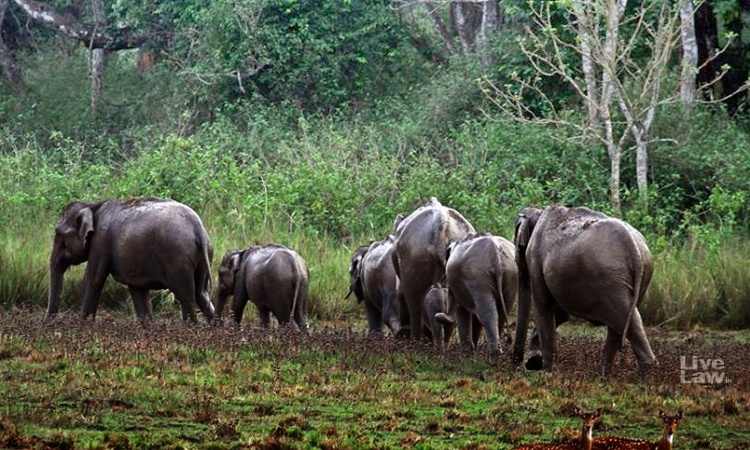PIL In Gauhati HC Challenges Move To Transport Four Elephants To Gujarat
LIVELAW NEWS NETWORK
23 Jun 2019 7:58 AM IST

Next Story
23 Jun 2019 7:58 AM IST
A Public Interest Litigation filed in Gauhati High Court on Friday challenges the move to transport four elephants from Assam to Gujarat via rail for parading in the Rath Yathra to be held at Jagannath Temple at Ahmedabad on July 4.The petition filed NGO Avinava Prayash,represented by its Secretary, Urmi Mala Das and Nandini Baruah challenges the permission granted by Assam Forest Department...
